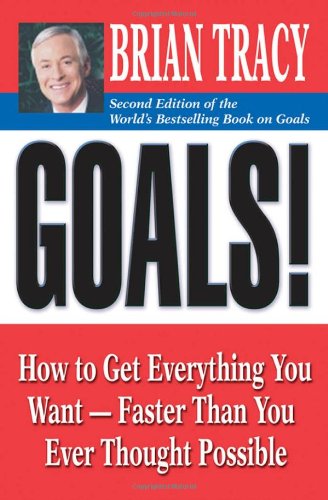Name: Vincent Rendoni
Age: 28
College & Majors/Minors: Chatham University, MFA in Creative Writing (Fiction) & Western Washington University, BA in English
Current Location: Seattle, WA.
Current Form of Employment: Advertising/Marketing
Current Occupation: Email Marketing Copywriter
Where do you work and what is your current position?
I am currently an email marketing copywriter for the GreaterGood Network, a charity website. In the past, I was a copywriter for the mom-and-kid focused zulily when it was still a start-up.
Tell us about how you found your first job, and how you found your current job (if different).
I was waiting tables when I found the copywriter posting for zulily on Indeed.com. I was a bit nervous about applying as I knew nothing about moms and kids. They must have saw something they liked. It wasn't long after I applied that they sent me a time-sensitive copy test for five different items. After submitting, they had me in for a long interview with the three leads. That's when my future boss gave me a test on the spot. It wasn't long after that they hired me.
My current job was found on Craigslist. The GreaterGood offered a more challenging position and more responsibility for causes (Animal Rescue, World Hunger, The Environment) I truly care about. Despite a lackluster first interview with HR, I had some wonderful conversations with my future boss and colleagues during the second one. To my surprise, I was hired later that day.
What was another writing-related job that was important in your career?
Funny thing: I never wanted to be a professional writer. I always sort of thought I should keep work and passions separate fearing it would all become work. Sometimes it feels like that. But copywriting keeps me sharp. There are worse things that constantly practicing your craft and getting paid for it.
What did you do in college to prepare for your post-grad life?
In my undergrad, I actually didn't do much to prepare for post-grad life. Failed to network, content to pass instead of excel. To be honest, I was a bit of spoiled slacker. It didn't bode well for what happened afterward. It was 2006 and the recession was in full swing. When I couldn't find a job at Kinko's, that's when I got a TEFL Certificate and taught English abroad.
I don't want to go into too much of a tangent here, but teaching English abroad is something I highly recommend for English Majors— for anyone with a college degree, really. You get to experience a different culture, contribute to an emerging economy, and make money instead of blowing through savings. It's not always easy at times: Not every country is hiring and the schools that hire you don't always have your best interests in mind. Homesickness can be crushing. It's not an adventure you can easily pull out of. If you decide to do it, consider placement carefully. That being said, I wouldn't take back any of my experiences. I student-taught in Italy and later taught courses in South Korea, Turkey and eventually the United States. It was a good thing for a really long time, but definitely something I couldn't do forever. When I got into Chatham's MFA program, I decided it was time to head back home.
When I got into graduate school, I changed it up. I said yes to everything. Maybe too many things. (Readers, be mindful with internships. You don't work for free, you hear?) But I'm glad I did. Went to readings big and small, read for my school's literary magazines, interned at the county jail, worked with Chatham's international community. I just tried to absorb everything I could before it was time to hunker down and get to work on my thesis.
One instructor in particular prepared me well for copywriting. Novelist Sherrie Flick taught me a lot about sentence structure. I tend to be long-winded and say nothing in particular quite often. Her classes helped me get to the point of what I wanted to say. Turns out if you can write succinct, active sentences in fiction, you can do quite well in the copy world.
What is your advice for students and graduates with an English degree?
Don't let people tell your degree is useless. Our world is not as literate as you think. A moderately well-spoken person who reads is an asset in any business. Take advantage.
You won't use your degree for what you want. Not at first, anyway. Acknowledge that you will have to write about lingerie for pregnant women, breast-pumps, and tulle-laden tutus. You will just have to. But soon enough, you may get to write copy about helping dogs in Sochi, rescuing horses and how people can help feed the hungry.

















































